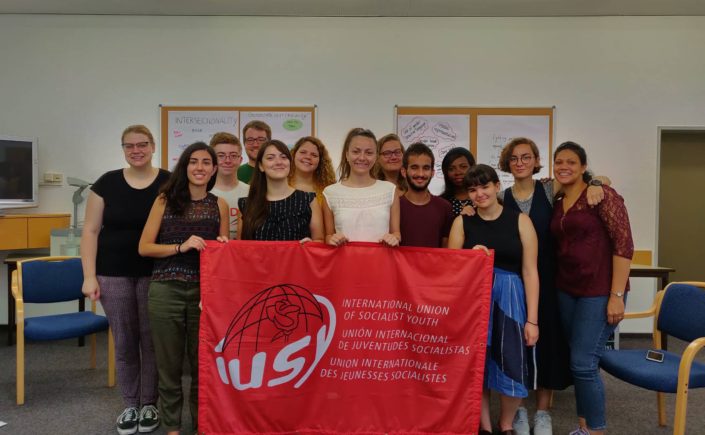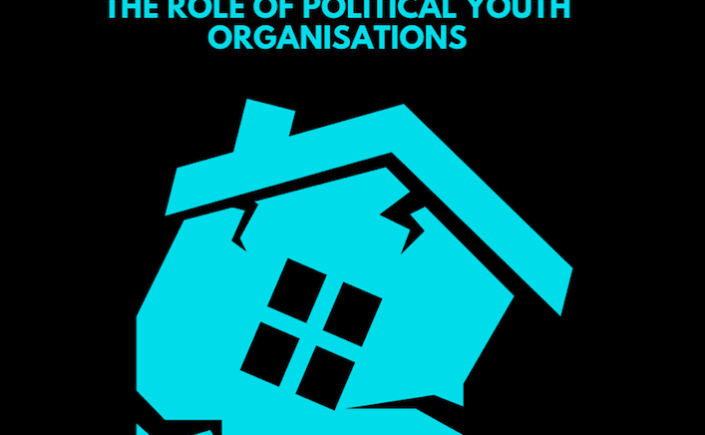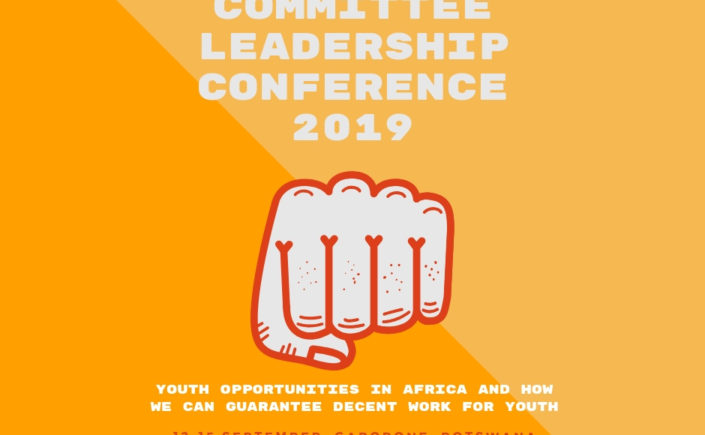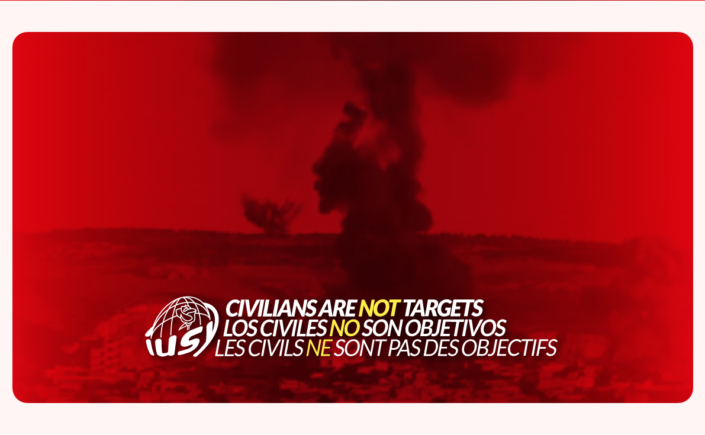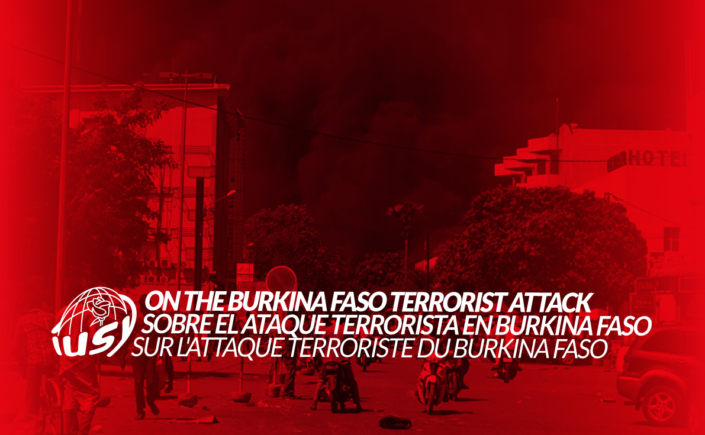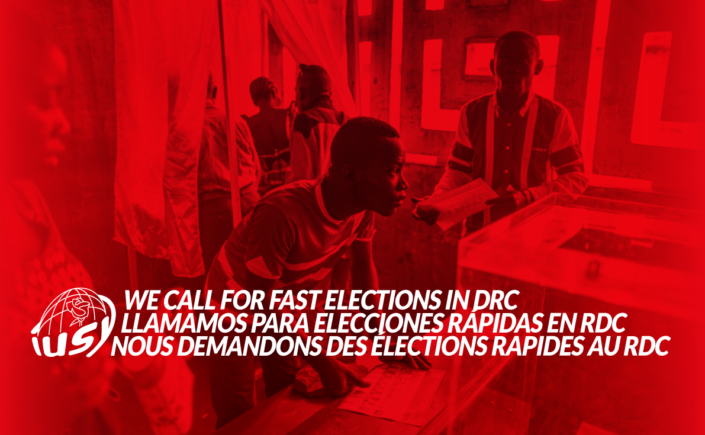Cidade de Praia, Cabo Verde, 18th March 2023
IUSY African Committee Meeting 2023
Democracy in Africa
1. Years ago, the world believed that democratic prospects in Africa were limited. That was the stereotype known about the continent given the low level of economic development, the lack of good governance, the absence of strong nation-states, and the inexistence of a long history of social and political transformation.
2. However, beginning in the late of eighteenths, a wave of popular protests demanding democratic reforms swept the continent. Within a couple of years, virtually all the countries started aspiring to democratise their own Constitutions.
3. Since then, Africans have shown consistently that they strongly prefer and support democratic rule. At the same time, democratic institutions such as electoral commissions and constitutional courts have taken root on the continent. These developments suggest that the question of the feasibility of democracy in Africa is no longer relevant.
4. Nonetheless, the existence of democratic demands, support, and institutions does not mean that democracy is easy to establish and consolidate. In many African countries, democratic gains are reversible and face several hindering factors, including state weakness, autocratic mindset, unstable and divided civic and political organisations, conflicts , civil wars, occupation and paternalism subordination, as well as the absence of the alteration of power and the absolute hereditary rule. This is why the level and quality of democracy on the African continent vary dramatically from country to country and from one region to another.
5. Unfortunately, over the past years the African continent has experienced a regression in democratic values. The IUSY African Committee (AFC) acknowledges the current factors leading to this event, yet demands continent’s leaderships to be determined in the pursuance in the establishment of full and transparent democratic rule all over the region.
6. The IUSY AFC stresses the importance of democratic transitions and the respect of the popular will as a key pillar to protect the common and public interest of the people. The past decades experience in African countries have showed that reducing the powers of parliaments and elected democratic institutions, while strengthening the executive and legislative powers of presidential figures, have resulted in less scrutiny and less transparency in the pursuit of the liberation movements’ proclaimed values and sustainable development goals.
7. While remaining convinced that democracy acts as the best system to defend minorities and the underprivileged, many of the leaderships have failed young Africans. Continued repression of civil society, systematic violation of human rights and continued nepotism, coupled with illegitimate and recurring coups d’état have caused a migratory exodus and constant insecurity on the continent.
8. Thus, the fight against corruption, the respect for individual property, the implementation of public policies for the emancipation of youth, as well as the promotion of dialogue and negotiated agreements to put an end to armed conflicts should be urgent priorities of the African progressive youth leadership.
9. While having more than 60% of the population under 25 years-old and over 50% of the continents’ population being women, Africa’s leadership average age is above 60 years-old and male dominant. This means that not only the door of representation is closed to young people and women, but that underrepresentation of the majorities – the main purpose of the Republics – is a widespread problem in african societies. Not only for this, but because equality is a core value of socialism, social democracy and labour movements, it is crucial and urgent to invert this scenario and to promote young women leadership – not only in terms of participation but in direct and effective top-leading positions.
10. On the other hand, clearly being a consequence of the continents’ lack of representation in Africa’s most powerful institutions for cooperation, poverty and insecurity remain a challenge of this century.
11. Young African socialists believe that only through education and strong welfare systems can poverty and insecurity finally be eradicated. For this, transparency and good governance, allied to the sovereign independence of African economies and institutions, are not recommended but essential and indispensable behavior according to the socialist, humanist and progressive code of conduct.
12. To eradicate poverty in the decade to come, Africa’s food system shall be leveraged to accelerate poverty reduction, on and off the farm. At the same time, more financial resources need to be allocated to poverty-reducing programs with an integral and sustainable framework.
13. Bearing in mind the dimension of the current challenges, failing to execute transparent public policies, to defend civic rights and or to promote free and tolerant societies, is failing to socialism and the roots of liberation movements and leaders.
14. When it comes to the most eminent challenges of the youth, representing the majority of the continent, the absence of conditions associated to the lack of opportunities has had a direct impact on the lack of effective participation of young people in Africa’s consultative and decision- making process.
15. Current policies fail to match youth’s aspiration, what is easily understood by the absence of young voices in the centers of power and authority. As stated before, and coupled to the misrepresentation, lack of transparency in electoral processes lead to the deficiency of confidence in the system, showing another proof that democracy remains a dead letter.
16. At the same time, political and economic instability remains the core cause that leads to migration and reluctance to believe in a better future in the continent. Human rights violations of young activists have the impact to limit their participation in any practical act toward democratic change, while discouraging others to take the reins of transformation.
17. The systematic exclusion and marginalisation of the youth goes beyond the issue of economic opportunities and employment and prevents their productive integration in society, thus adding effective accountability to current power brokers in Africa.
For all the above stated, the International Union of Socialist Youth demands urgent action such as:
- The promotion of a 50% gender-balance quota in all the young member organisations of the IUSY as well as in their mother parties;
- The establishment of a 40% quota representation of young people in all decision-making bodies of the parties;
- The creation of a regional umbrella organisation for the African youth-wing socialist parties that act according the IUSY’s principles;
- The implementation of democratic and constitutional order in all countries of the continent;
- The condemnation of the Swaziland’s regime, the last absolute monarchy in Africa, Equatorial Guinea and Congo Brazzaville regime by
the international community, the IUSY’s member organisations, the parties of the Socialist International and the Progressive Alliance. Such shall be reflected on a common letter to the Human Rights Department of the African Union Commission, to the Office of the United Nations Commissioner for Human Rights and to the International Court of Justice.
The Praia-Maria declaration was signed in Praia, Cabo Verde, on the 18th of March, by the following members oft he International Union of Socialist Youth:
- JPAI Cape Verde
- CPDS Ecuatorial Guinea
- ANCYL South Africa
- MNJ Adéma-PASJ Mali
- LJCC Congo
- UJSARIO Western Sahara
- JUSFP Morocco
- MLPC Central Africa
- UNJ MPP Burkina Faso
- UDPS D.R. Congo
- SWAYOCO Swaziland
- JSD Tunisia

